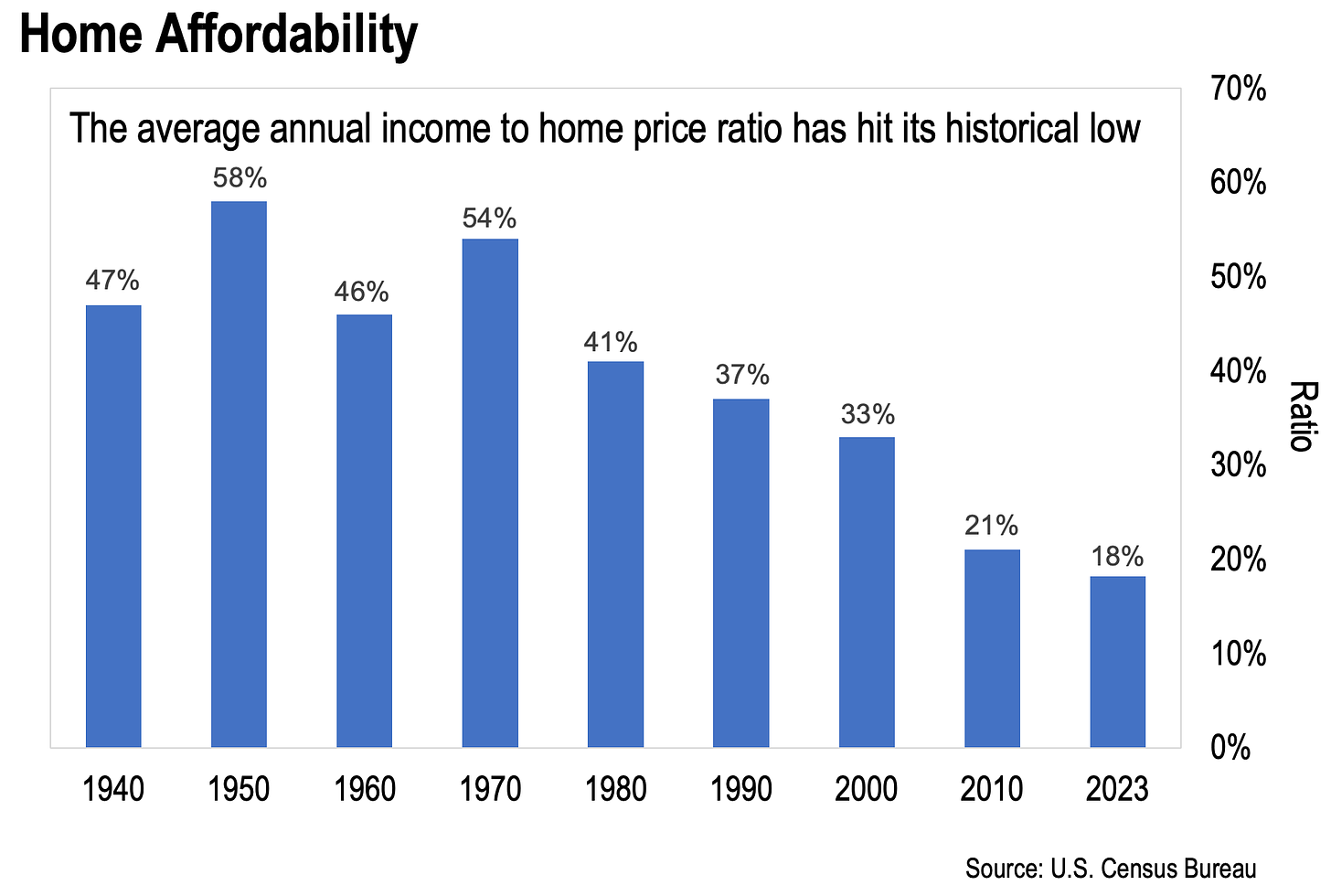Freedom, liberty, opportunity, self-reliance, and independence...
These are the things we celebrate when we get together with our families and loved ones on the 4th of July. In that sense, the holiday embodies the American Dream — the idea that anyone who works hard and is determined can achieve success and move up in life.
And, of course, it's been a core tenet of American society for years.
But increasingly, it seems the glitter of the American Dream is fading for most Americans, especially the young. For instance, ahead of the Fourth of July, YouGov asked Americans about the meaning of the holiday and the American Dream.
The results were pretty disheartening, to say the least...
In response to the question, "Is there such a thing as 'The American Dream'?" one in three (30%) of 18-29-year-olds said, "No, there is not." Another 17% were unsure. That’s nearly half of the respondents who basically do not believe in the idea.
When I saw these results, my thoughts immediately turned to home affordability. After all, owning a home has always been a cornerstone of the American Dream — I'm sure you'll agree.
Now, we're all aware that home prices have been skyrocketing since the mid-20th century. That's not the real issue. The problem is that they have risen much faster than income levels. You can observe this dynamic in the next chart, showing housing affordability based on median salary since 1940.
With homes averaging $413,200 and two-earner U.S. households earning just over $75,000 annually, the income-to-home price ratio stood at a measly 18% in 2023. That’s far from the 58% peak in the late 1950s — and the lowest point in history.
Put another way, after decades of decline, home affordability was utterly decimated by the Fed’s unprecedented money printing during the pandemic and Bidenomics.
No wonder young people are losing faith in the American Dream.
Regards,
Lau Vegys




I promise that if you vote, your candidate will fix this. So don't forget to vote! He'll fix it right away!!
It is becoming more difficult to find a job for young people. An employer may never see an applicant's resume. A typical job application now receives hundreds to thousands of applicants. Ghost jobs are becoming more common due to HR requirements.
Remote and freelance work allows companies to hire outside the country to find someone who will work for less. This creates global competition for certain online work.
The cost of homes continues to rise. Add on property taxes, maintenance, and other necessities of homeownership.
What is the point? With all of the time spent applying for jobs, which will most likely result in being underemployed anyway, the two options are to give up and drop out or to go out on your own by starting a business that may not succeed.